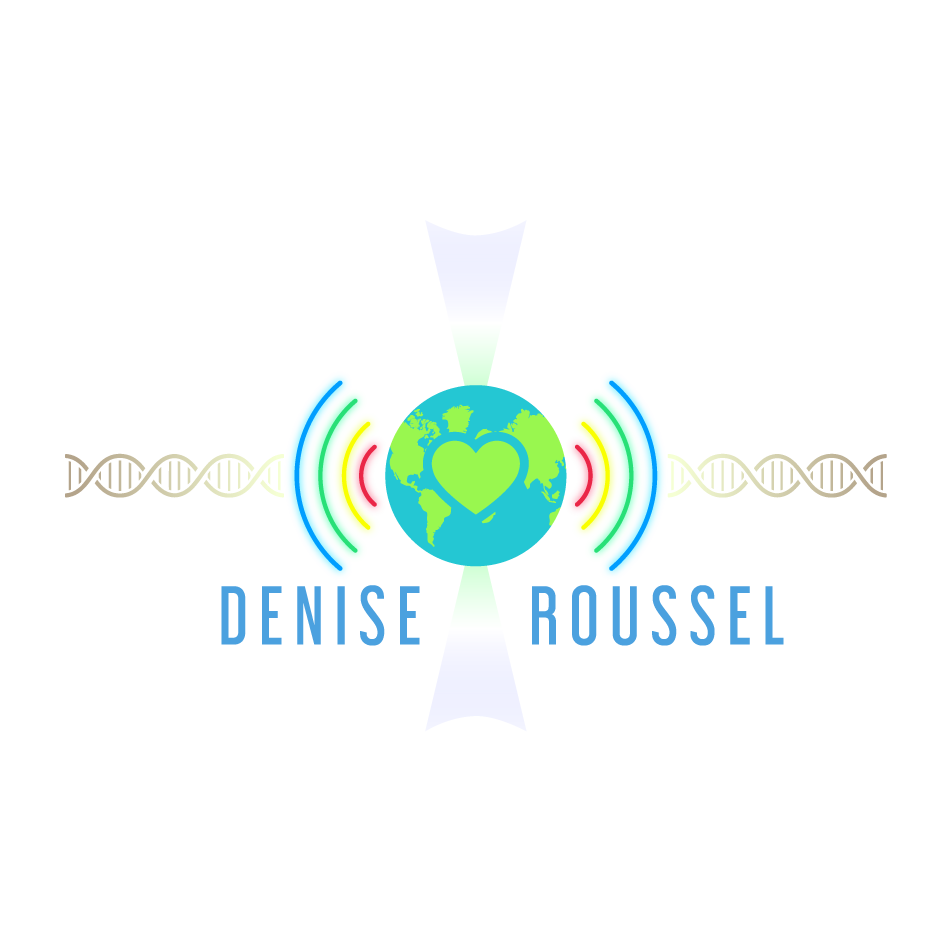When someone we love passes to the other side, the grief we feel over their death is palpable, yet seldom discussed is the grief surrounding their life.
The departed loved one might have faced tremendous trauma during their time on Earth, which could have led to deep-seated issues within the family framework.
In some instances, they may have chosen to end their own life, perceiving existence as an insurmountable challenge.
The stigma surrounding suicide can be incredibly debilitating for those left behind.
Not only must they grapple with the death of their loved one, but they also bear the weight of societal shame, often feeling ostracized and alone in their mourning.
I understand this pain and complexity—it is not easy.
In my experience, my son Cory struggled with alcoholism, drug addiction, periods of homelessness, and even incarceration.
However, he also underwent profound transformation and generously brought me along for the journey.
His sudden, unexpected death sparked a deep awakening within me.
In moments of quiet reflection, I have been able to connect with him on the other side.
One day, I asked Cory why he came to Earth.
His reply was powerful: “I came to shake things up, and I had to be shaken up in the process.”
From this higher vantage point, I recognize that Cory and I agreed to play these roles in this lifetime so that we could learn essential lessons as souls.
In our dynamic, he chose the more challenging role, willing to dive into the depths of struggle to transform shadows back into light.
Even if a soul cannot transmute their darkness into light within a single lifetime, they still serve an important purpose for the collective, navigating the complexities of the human experience.
Unfortunately, this vital contribution often goes unrecognized by the human mind conditioned to judge from a limited perspective.
I hold deep respect and honor for those souls who have chosen to traverse difficult paths.
These journeys do not unfold in isolation; they happen within our relationships.
We must recognize that even when it seems like the individual creating chaos is the “problem,” those who are closely connected to them have an equal journey of inner work to undertake.
Essentially, we are all playing various roles in the intricate play of life.
Sometimes we embody the roles of villains; at other times, we are the victims.
Imagine attending a theatrical performance, where at the final curtain call, every actor, regardless of their character, takes a bow.
You applaud both the heroes and the villains, acknowledging that behind each character is a performer executing their part.
Life mirrors this: each one of us is a manifestation of the Divine, God in costume, including those who play the roles of villains.
Each so-called “villain” bears the burden of their role, often at significant personal cost, their own suffering.
So, let’s reflect on the roles of our departed loved ones who may have caused us pain during their time here.
They have taken one for the team, as their contributions to our lives were instrumental in our personal growth.
Also, there is no shame for those who exit by suicide.
There is no hell.
Hell is a construct our minds create.
The shame we experience is a societal construct and holds no power over the soul's journey in the afterlife.
However, in their life review, they will experience the pain caused by their actions—a natural part of their growth cycle, but it is presented in a nonjudgmental way.
The other side is pure love, bliss, light, and harmony—indescribable in human terms.
For me, Cory facilitated profound transformation before he departed, yet there remained much work between us.
The Universe kindly sent others, mirroring Cory’s journey, to help me navigate the lessons still ahead.
Understand that this is Earth school, and everything we encounter is part of our curriculum.
In the heavenly realms, distinctions like right and wrong fade away. It is a realm of nonjudgment and unity.
This is our greatest opportunity: to let go of all societal programming surrounding traditions, religions, and the rigid definitions of right and wrong, embracing instead a space of acceptance for what is.
Let us respect and honor those who came before us, who may have endured challenging lives and inflicted pain in ours.
They played their parts well, often suffering greatly, ultimately for our growth.
“Out beyond ideas of wrongdoing and rightdoing, there is a field. I'll meet you there." — Rumi
---
If you are navigating your grief journey and feel ready to begin connecting with your departed loved ones, click the link below for invaluable resources and support:
Healing Hearts Support for Bereaved Parents Linktree:
https://linktr.ee/HealingHeartsSupport
You are warmly invited to join our support community, focusing on healing, wholeness, and connection.
Sending you big love.

